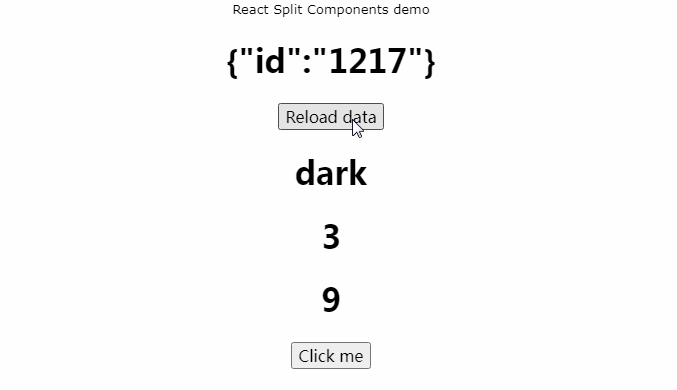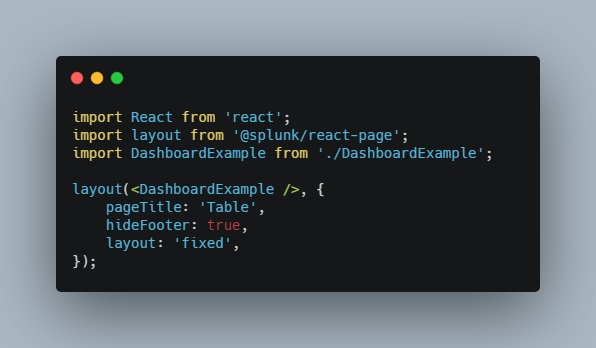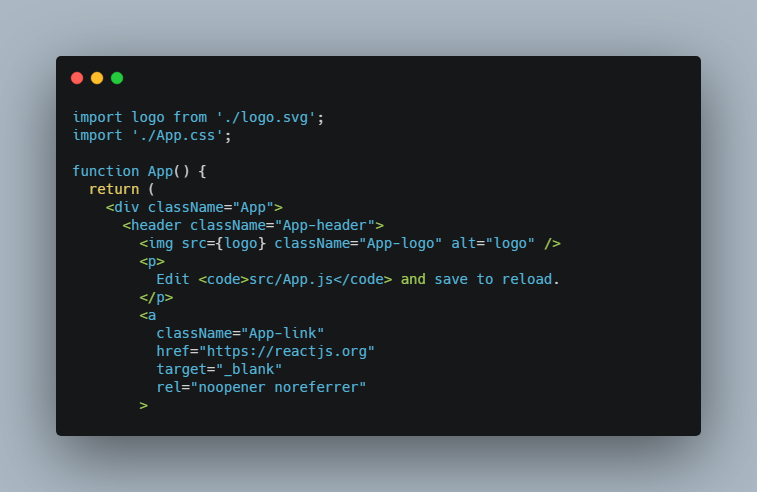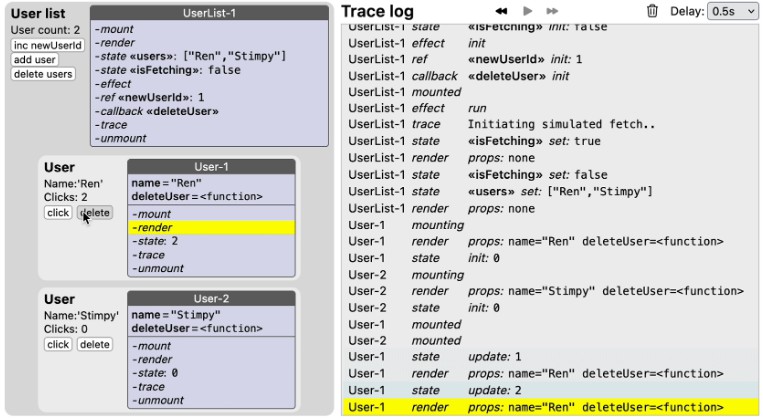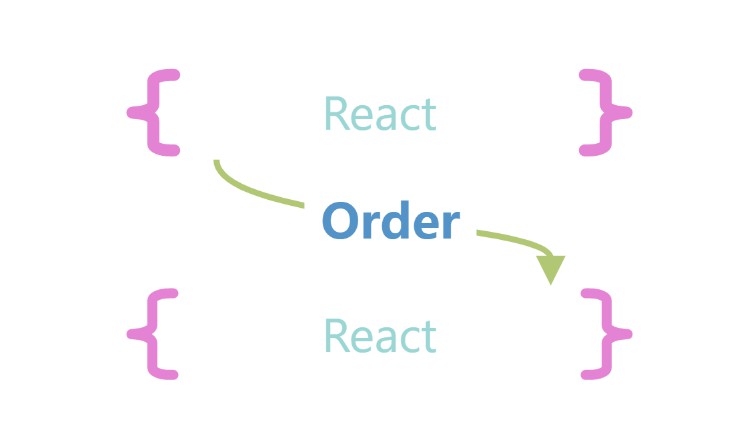React Split Components (RiC)
A new way of Function Components without Hooks.
Introduction
Introducing React Split Components →
React Function Components in closure style.
Write React like Svelte, just natural and fluent code.
Features
- Remove the dependence on Hooks, but not purely Functional Components
- Only at the writing level, no need for ESLint support
- Like High-Order Components, it’s a “design pattern”, not API, no lib needed
Simple Example
function demo({ render }) {
let count = 0;
const onClick = () => {
count += 1;
render();
};
return () => (
<>
<h1>{count}</h1>
<button onClick={onClick}>Click me</button>
</>
);
}
const Demo = create(demo);
Full Example
function demo({ render, onMounted, onUpdated }) {
let props;
// solve useState
let loading = true;
let data;
let count = 0;
// solve useMemo
const getPower = (x) => x * x;
let power = getPower(count);
// solve useRef
const countRef = { current: null };
// solve useCallback
const onClick = () => {
const { setTheme } = props;
setTheme();
count = count + 1;
power = getPower(count);
render();
};
const getData = () => {
request().then((res) => {
data = res.data;
loading = false;
render();
});
};
const onReload = () => {
loading = true;
render();
getData();
};
// solve useEffect | useLayoutEffect
onMounted(() => {
getData();
});
onUpdated((prevProps) => {
console.log(prevProps, props);
});
return (next) => {
props = next;
const { theme } = next;
return (
<>
<h1>{loading ? 'loading...' : JSON.stringify(data)}</h1>
<button onClick={onReload}>Reload data</button>
<h1>{theme}</h1>
<h1 ref={countRef}>{count}</h1>
<h1>{power}</h1>
<button onClick={onClick}>Click me</button>
</>
);
};
}
const Demo = create(demo);
Online Demo
Helper Function
create implementation example:
const create = (fn) => (props, ref) => {
const [, setState] = useState(false);
const hasMount = useRef(false);
const prevProps = useRef(props);
const layoutUpdated = useRef();
const updated = useRef();
const layoutMounted = useRef();
const mounted = useRef();
useLayoutEffect(() => {
if (!hasMount.current || !layoutUpdated.current) return;
layoutUpdated.current(prevProps.current);
});
useEffect(() => {
if (!hasMount.current || !updated.current) return;
updated.current(prevProps.current);
prevProps.current = props;
});
useLayoutEffect(() => {
if (layoutMounted.current) return layoutMounted.current();
}, []);
useEffect(() => {
hasMount.current = true;
if (mounted.current) return mounted.current();
}, []);
const [ins] = useState(() => {
const render = () => setState((s) => !s);
const onMounted = (callback, isLayout) => {
if (typeof callback !== 'function') return;
(isLayout ? layoutMounted : mounted).current = callback;
};
const onUpdated = (callback, isLayout) => {
if (typeof callback !== 'function') return;
(isLayout ? layoutUpdated : updated).current = callback;
};
return fn({ render, onMounted, onUpdated });
});
return ins(props, ref);
};
// const Demo = create(demo);
// const Demo = memo(create(demo)); // if memo
// const Demo = forwardRef(create(demo)); // if forwardRef
License
MIT License (c) nanxiaobei
